Europe heads for drought as France faces historic drought, Rhine drying
A continent-wide heat wave has swept Europe with rising temperatures above 40C for the first time on record resulting in a historic drought situation in France, England and putting Rhine River on the brink of drying up.
The rising low levels of the river leads shipping in the waterway on full load physically impossible and forcing vessels to sail 75% empty. This leads to a supply chain crisis as the river plays a crucial role in transportation.
The 1300 kilometer river much of which passes through Germany, has recorded a water level at the checkpoint of Kaub at only 56 centimeters, whereas vessels need at least 1.5 meters of water level to sail; fully loaded.
Many businesses that operate along Germany’s Rhine, one of Europe’s key waterways, say that the decrease in the level of water in this river has affected their production and increased freight cost.
Navigation authorities have left up to the shipping companies to decide whether to sail or not. “We will continue sailing while it is navigationally possible,” said Roberto Spranzi, director of the DTG shipping cooperative that operates about 100 vessels on the Rhine.
On the other hand in France and England the condition is causing in drinking water scarcity, wildfires and endangered crops.
Both the countries are enforcing measures to cut water use with barring people to use hosepipes to wash their cars or watering their lawns.
Three UK companies have also announced hosepipe bans with France preventing its farmers from irrigating some crops, like potato, putting the farmers in a dilemma.
A senior scientist Mike Rivington at the James Hutton Institute said, “What we are seeing is a clear signal of what the future is going to be like.”
The national weather forecaster of France said that last month was the driest July recorded in more than 60 years, with just 9.7 millimeters with Italy recording the hottest temperatures since 1800.
In Germany, Economics and Climate Minister Robert Habeck has now decided to re-commission coal-fired power plants as a temporary solution to help the nation curb from its worst energy crisis in generations.
The decision was made because of the ongoing Russia’s war with Ukraine that had already reduced its gas imports from Russia by up to 80 percent and because of the reduction in transportation through Rhine.
With the day by day rising threat of global warming, the severe outcomes of that are already being witnessed around the globe, almost everything from agriculture, livelihood, weather and water are continuously being affected.
Tehran economic conference: Raeisi hails Iran-Africa expansion of ties
VIDEO | Press TV's news headlines
Severe heat wave hits India as phase 2 of polling begins
What to expect after President Raeisi's visit to Pakistan
China describes Iran as ‘strategic partner' in West Asia
April 25: ‘Axis of Resistance’ operations against Israeli occupation
Hezbollah hits Israeli military sites near border with rockets, drones
Rwandans say UK deportation 'another brutal manifestation of neo-colonialism'


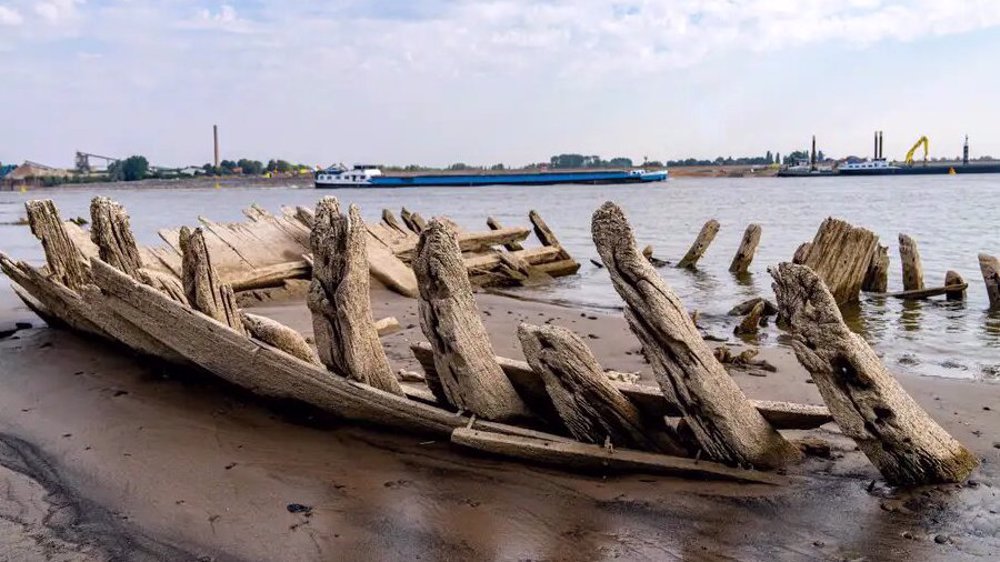


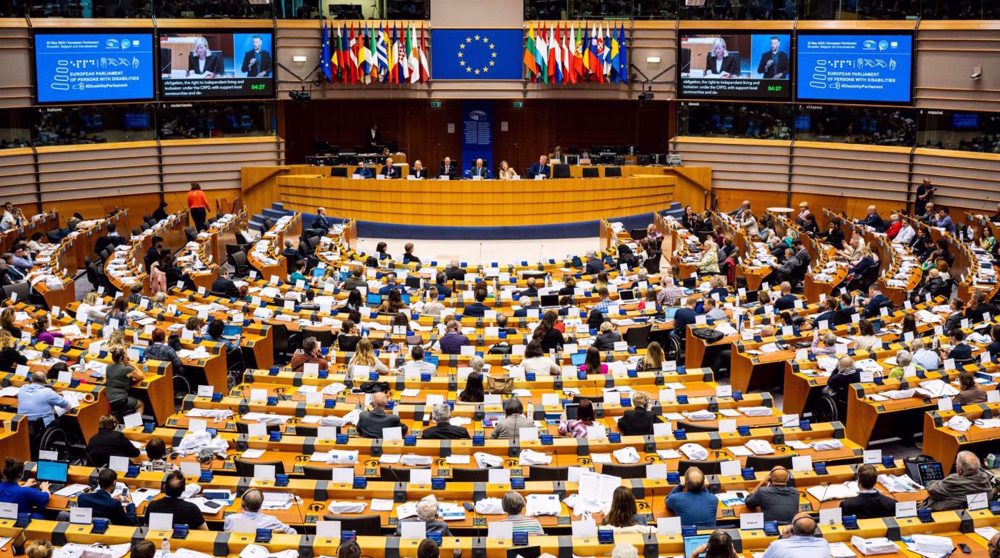



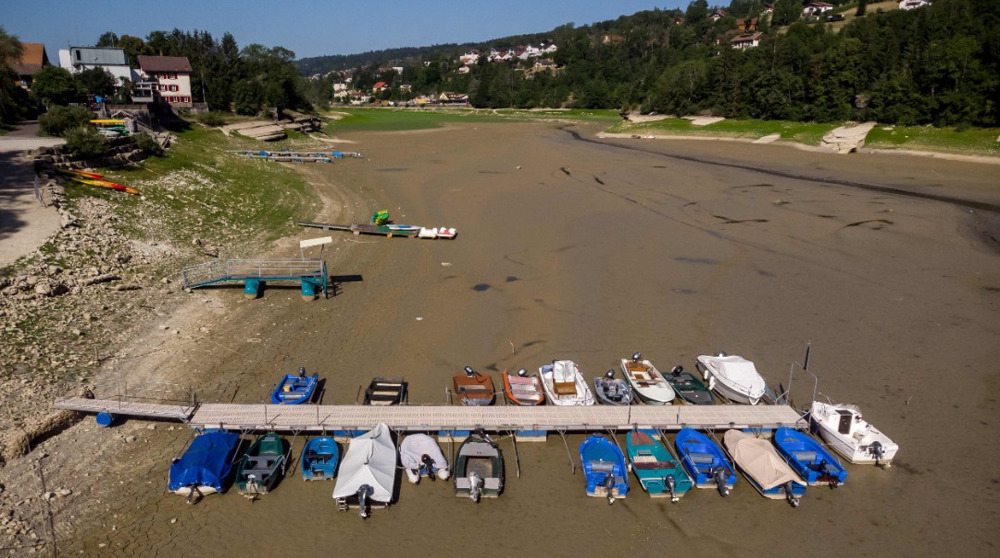
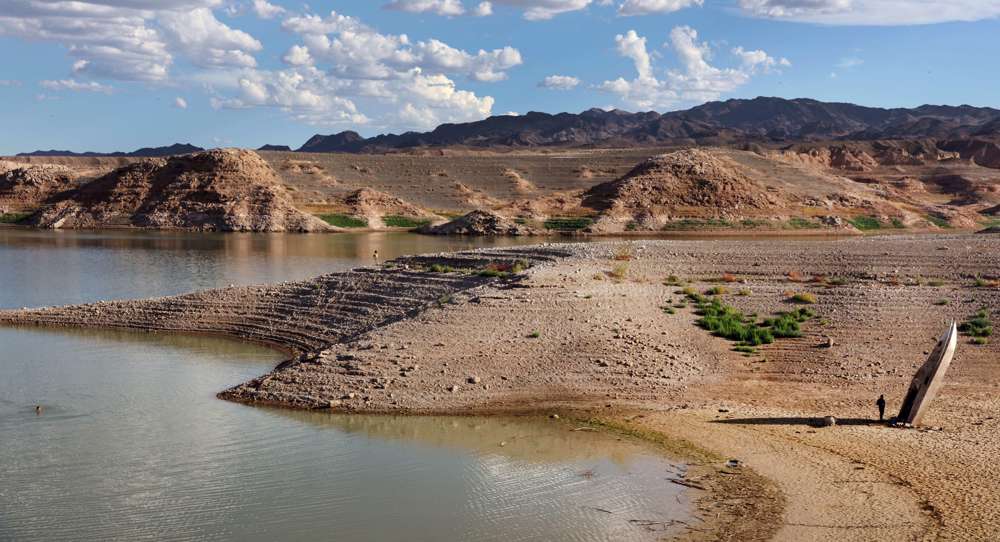
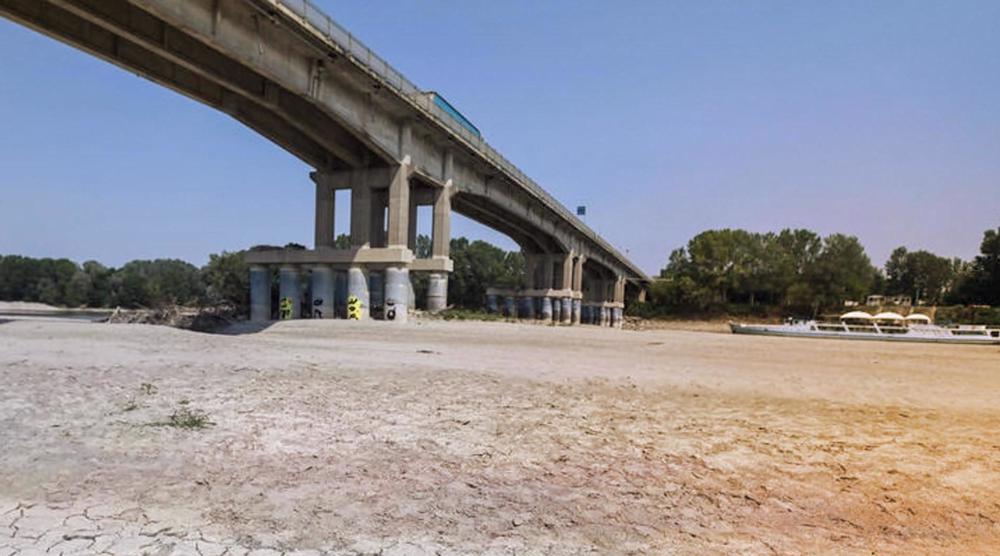
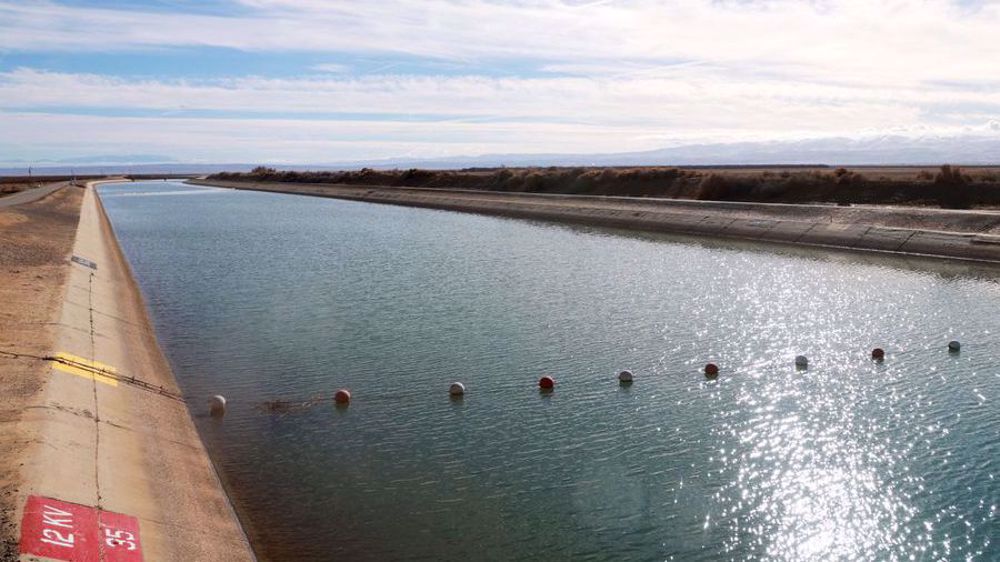
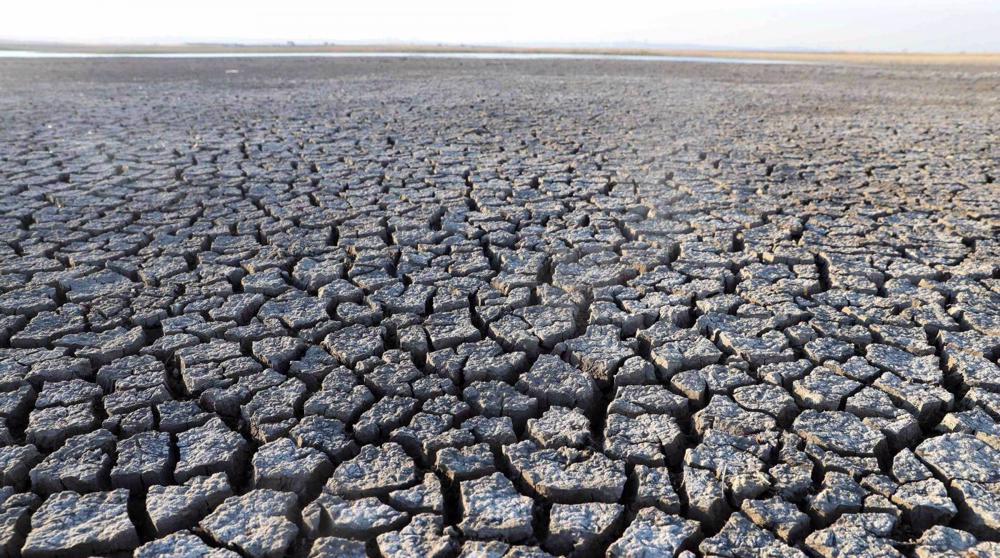
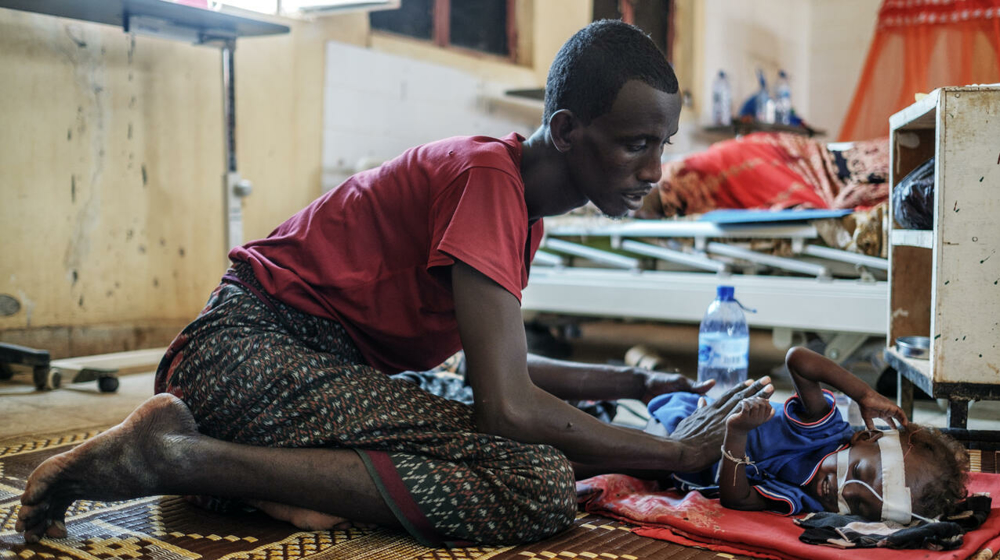

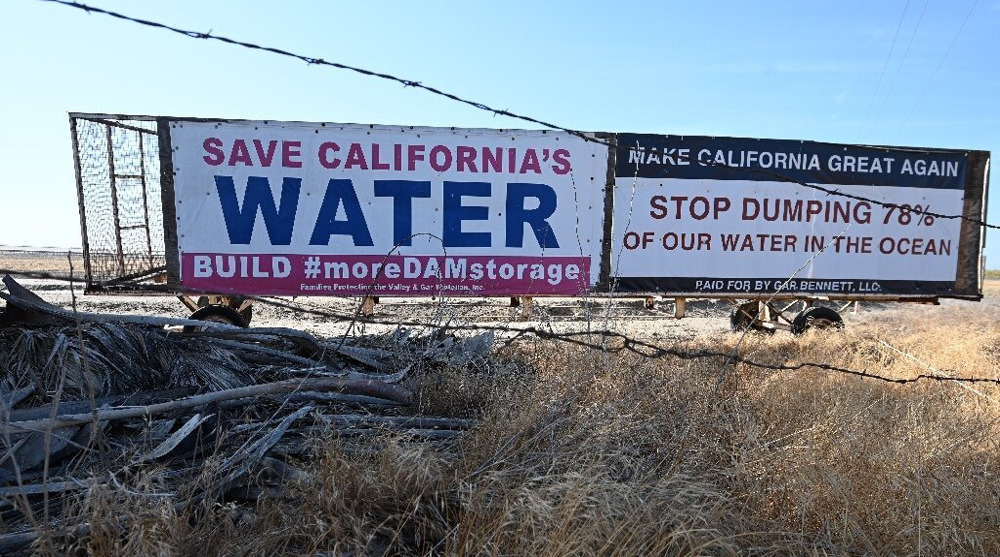

 This makes it easy to access the Press TV website
This makes it easy to access the Press TV website